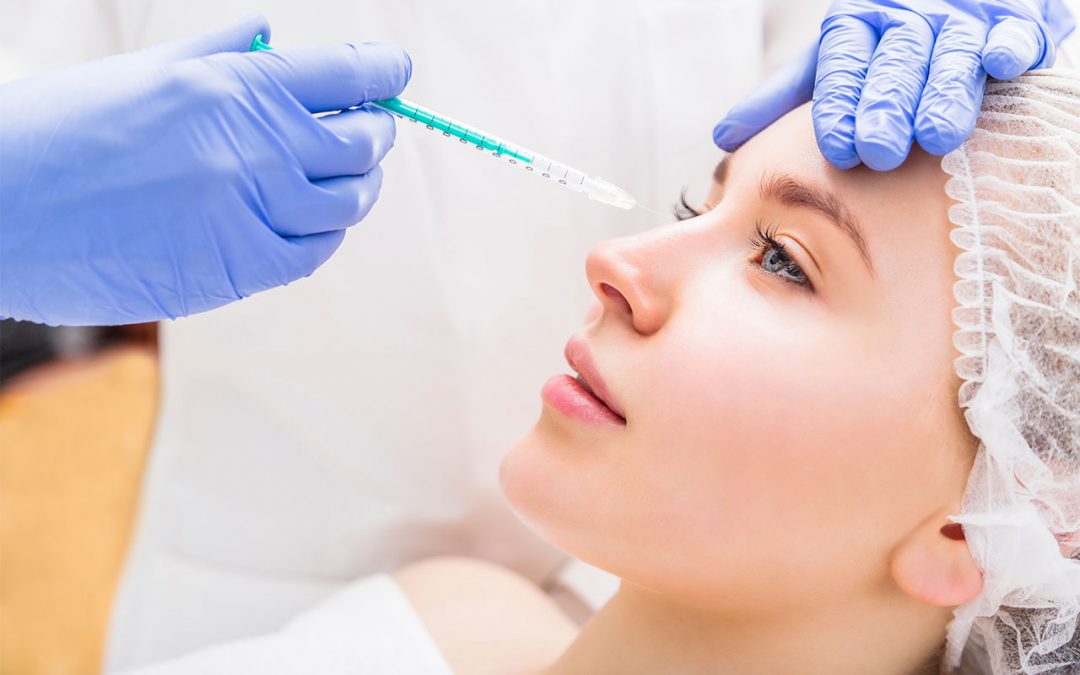Rhinoplasty In Dubai, commonly referred to as a nose job, is one of the most sought-after cosmetic procedures today. Whether you are considering rhinoplasty for aesthetic reasons or to address breathing difficulties, preparing for your consultation is crucial for achieving the best possible outcome. This article outlines essential steps to help you prepare for your rhinoplasty consultation, ensuring that you make the most of your appointment and lay the foundation for a successful procedure.
Understanding Rhinoplasty
Before your consultation, it is essential to have a clear understanding of what rhinoplasty entails. This surgical procedure involves reshaping the nose to enhance its appearance or improve functionality. Rhinoplasty can address various concerns, including size, shape, and nasal symmetry, as well as internal issues like a deviated septum. Familiarizing yourself with the basics of the surgery will allow you to have more productive discussions with your surgeon.
Researching Surgeons
Choosing the right surgeon is one of the most critical decisions you will make regarding your rhinoplasty. Take the time to research potential surgeons in your area. Look for board-certified plastic surgeons or otolaryngologists specializing in facial plastic surgery. Read reviews, check their before-and-after photos, and consider their experience in performing rhinoplasty. A qualified surgeon will have a portfolio demonstrating successful outcomes, giving you confidence in their abilities.
Preparing Your Questions
During your consultation, you will have the opportunity to ask your surgeon various questions. Preparing a list of questions ahead of time will ensure that you gather all the information necessary to make an informed decision. Some essential questions to consider include:
- What is your experience with rhinoplasty, and how many procedures have you performed?
- Can you explain the different techniques available for rhinoplasty?
- What should I expect during the recovery process?
- Are there any risks or complications associated with the procedure?
- How will you assess my nasal structure and determine the best approach for me?
By asking these questions, you will gain insight into your surgeon’s expertise and the specific details of your potential procedure.
Assessing Your Goals
Take time to reflect on your reasons for wanting rhinoplasty. Are you seeking a more balanced profile, addressing functional issues, or both? Understanding your goals will help communicate your desires clearly to your surgeon. It is also beneficial to bring reference photos that represent your desired outcomes. These images will assist your surgeon in visualizing what you are looking to achieve, facilitating a more informed discussion about the procedure.
Discussing Medical History
During your consultation, your surgeon will ask about your medical history, including any past surgeries, current medications, and existing health conditions. Be honest and thorough in your responses, as this information will help the surgeon assess your suitability for rhinoplasty and identify any potential risks. If you have allergies, chronic illnesses, or previous nasal surgeries, be sure to mention them.
Preparing for Physical Examination
Your surgeon will perform a physical examination of your nose and face to assess your anatomy and determine the best surgical approach. The surgeon will evaluate the size and shape of your nose, the strength of your nasal structure, and any functional issues. Understanding your nasal anatomy will help the surgeon devise a tailored surgical plan that aligns with your goals.
Setting Realistic Expectations
While rhinoplasty can significantly enhance your appearance and quality of life, it is essential to set realistic expectations for the outcome. Your surgeon will explain what can be achieved through the procedure based on your individual anatomy and desires. It is crucial to understand that while rhinoplasty can improve the aesthetics of your nose, it may not meet every expectation. Having a clear understanding of the possible results will help you feel more satisfied with your experience.
Considering the Timing of Surgery
During your consultation, discuss the timing of your surgery with your surgeon. Consider any upcoming events or personal commitments that may influence your recovery time. Rhinoplasty requires a significant healing period, and you should plan accordingly to allow for any swelling and bruising to subside before returning to work or social activities. Your surgeon will provide guidance on the best time to schedule the procedure based on your lifestyle and healing expectations.
Understanding the Recovery Process
Your surgeon will discuss the recovery process during your consultation, providing insights into what to expect after surgery. Understanding the recovery timeline, including potential discomfort, swelling, and activity restrictions, will help you prepare mentally and physically for the post-operative period. It is also important to have a support system in place for the initial days after surgery, as you may require assistance with daily activities.
Finalizing Your Decision
After your consultation, take time to reflect on the information shared. If you feel confident in your surgeon’s expertise and have a clear understanding of the procedure, you can proceed to schedule your surgery. If you have lingering questions or concerns, don’t hesitate to reach out to your surgeon’s office for clarification. It is essential to feel fully informed and comfortable before moving forward with rhinoplasty.
Conclusion
Preparing for your rhinoplasty consultation is a crucial step in your surgical journey. By understanding the procedure, researching surgeons, preparing questions, and discussing your goals and medical history, you will lay the groundwork for a successful experience. The more prepared you are for your consultation, the better equipped you will be to make informed decisions about your rhinoplasty journey, ultimately leading to a more satisfying outcome.





Comments